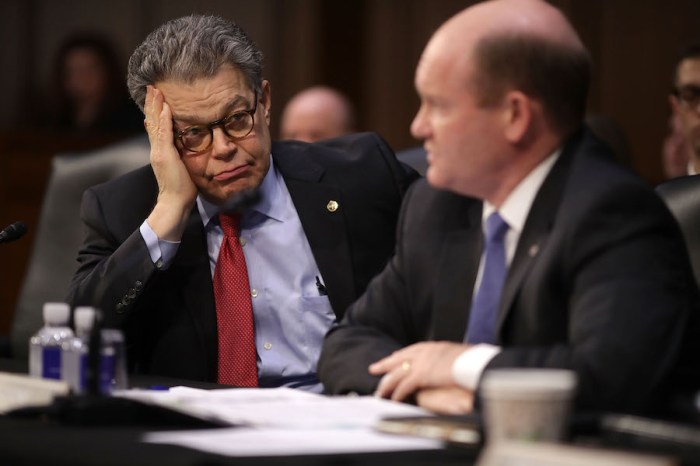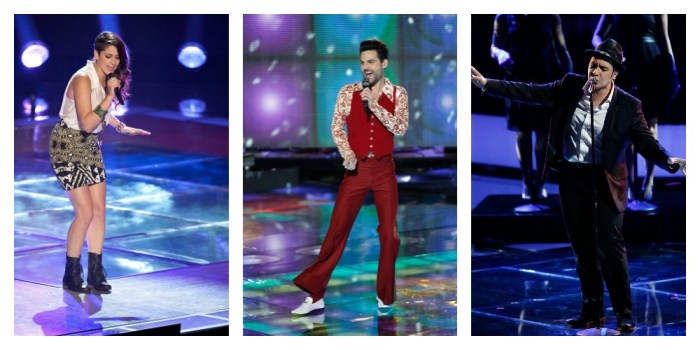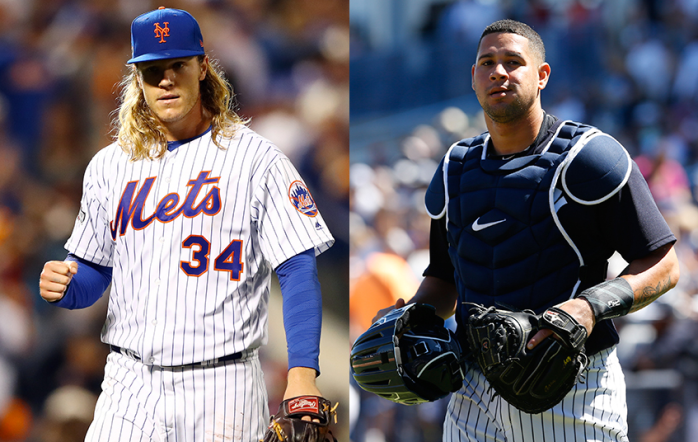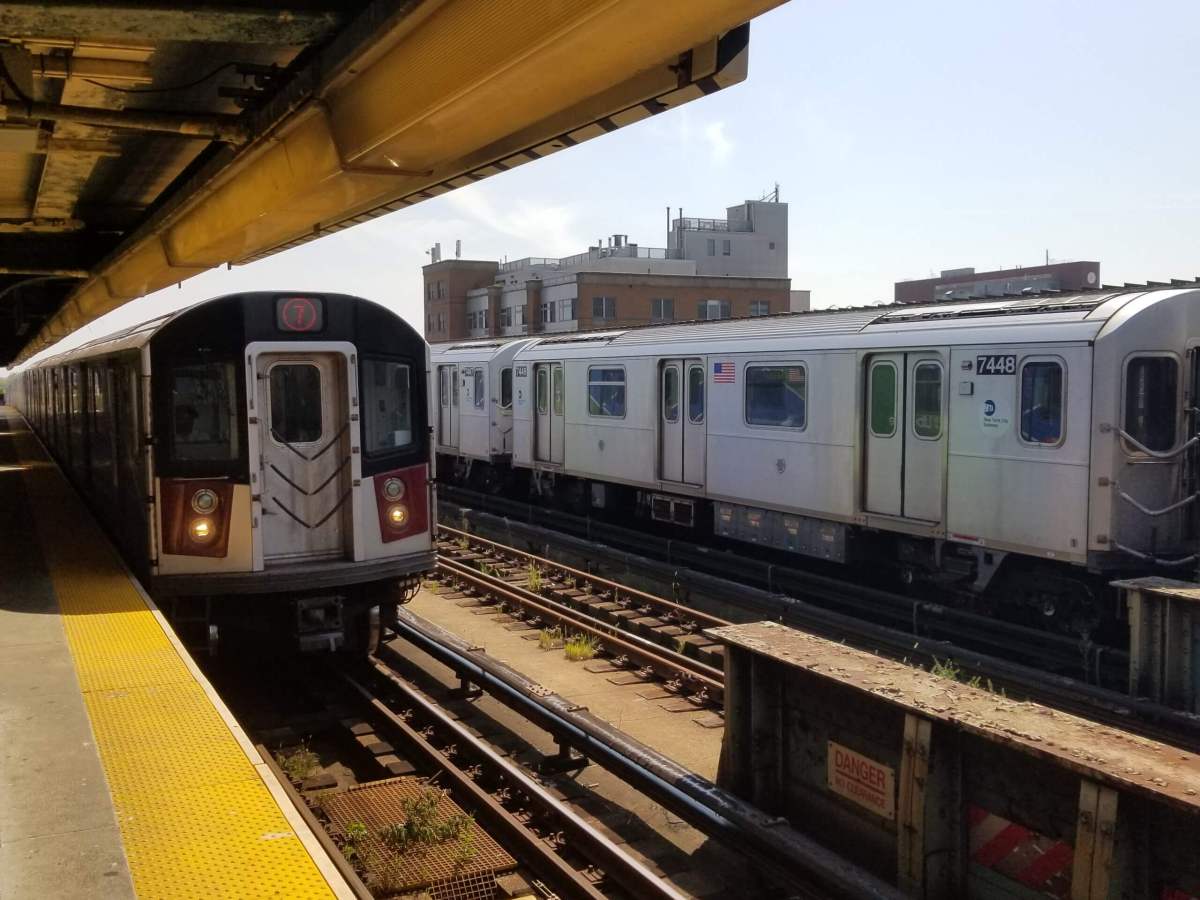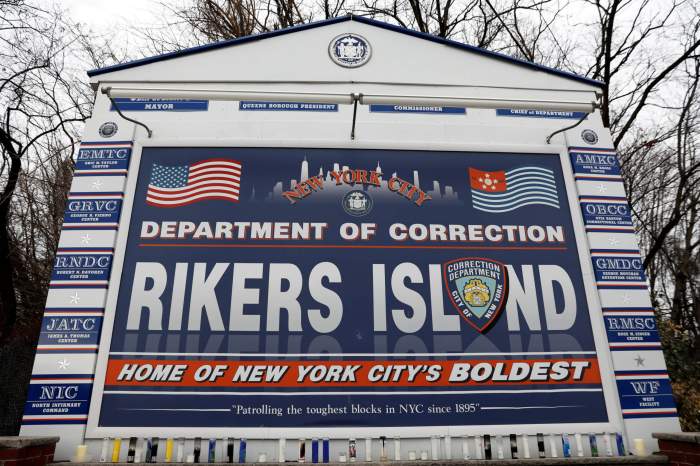Interview: Andrey Zvyagintsev on ‘Leviathan’ and directing drunk actors
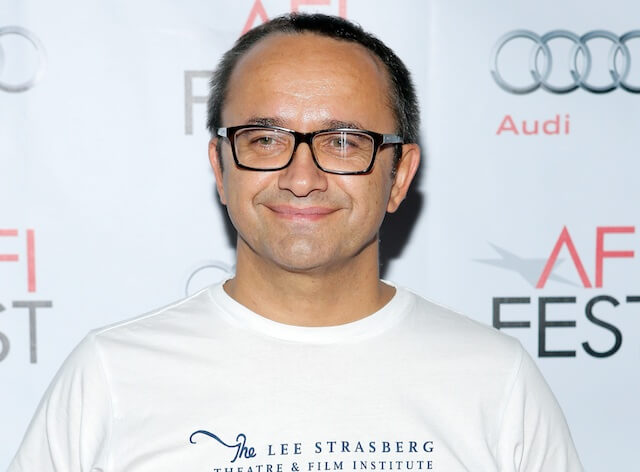
Getty Images
“Leviathan” fits many of the stereotypes of Russian cinema: it’s depressive, it’s heavy and at the same time it boasts a darkly comic streak. But its story is American. Writer-director Andrey Zvyagintsev heard the true tale of a Colorado man whose land was forcibly taken from him by a corrupt politician. That eventually, with many liberties and alterations, became a story that serves as commentary on Russia today. But it could be about anywhere.
“Replace the Russian Orthodox Church with the Catholic Church and you’ll find yourself in Italy. One Mexican critic told me that if you replace vodka with tequila it will be a Mexican story,” explains Zvyagintsev.
Not that the film, Russia’s entry for the Best Foreign Language Film Oscar, is about Vladimir Putin. “I’m apolitical,” Zvyagintsev says. “Sometimes it bursts into your life and then you have to reckon with it. I’m afraid to even get interested in it, because I know I cannot change anything at this time.”
“Leviathan” isn’t even, despite the battle between the working class and politicians, about class, as his previous film, 2011’s “Elena,” seemed to be. “The last thing I was concerned about was the division of society into classes. I’m more interested in moral issues,” he says. And yet the subject, one that applies to America as well, can’t help creeping into his concerns. “There’s a very wide gap today that divides very few rich people from the majority of the poor people. It’s not that I want to emphasize it; it’s just there.” “Leviathan,” he says, is “not so much about rich versus poor; it’s more about those in power versus the little guy.”
Putin can’t help but come up, though, in a film about a corrupt mayor preying on his constituents. “A Canadian correspondent asked me, ‘Are you afraid of Putin? Because I am.’ I asked him, ‘Why should you be afraid of Putin? You are too far away. You’re across the ocean!” he recalls.
Zvyagintsev remembers that period “when people were afraid of Russians,” during the Cold War. “I noticed when I would go to Europe or America, people would ask where I was from. When I said I was Russian they stepped back and said, ‘Oooooh,’” he remembers, laughing. “It’s prejudiced. 140 million can’t all be like that. They want peace, they want a better life, which they don’t have. They want security and peace, so their children have some kind of prospects. Putin can’t do everything singlehandedly.”
Despite how dark “Leviathan” gets, especially once its protagonist’s life begins definitively crumbling, it has moments of high, Kafkaesque humor. One scene finds our hero sitting through a motormouthed reading of a court sentence. It isn’t a fiction. “That’s how they do it!” Zvyagintsev says. “We went to the actual court and sat through the sentencing. That’s how it was delivered! The actress had to learn how to do it at that speed, where at the end you do not understand what has been said. You don’t even understand what language they speak.”
Even more real, alarmingly, are the many scenes of characters getting bombed on vodka. “They actually drank alcohol,” he says, with a grin. “That’s why it’s so convincing. They’re actually drunk — all of them, except one. Guess who.” It’s Roman Madyanov, who plays the corrupt mayor, the one who really, really can’t handle his liquor. “He’s a great actor.
How do you control actors burning film — “Leviathan” was shot on 35mm — while getting increasingly pissed? You don’t, kind of. “We didn’t want to shoot anything else, because they’d have to be sober,” he says. “If something went wrong, we’d do another take the next day. They just had to know exactly how much alcohol they could hold so they wouldn’t go too far.”
Follow Matt Prigge on Twitter @mattprigge

